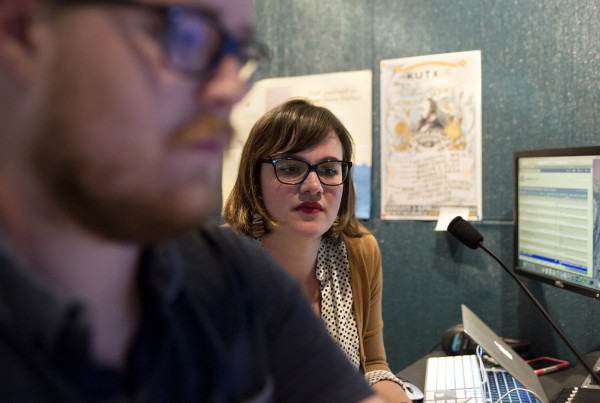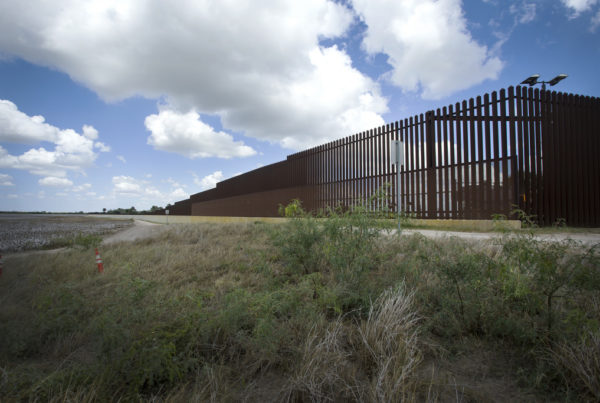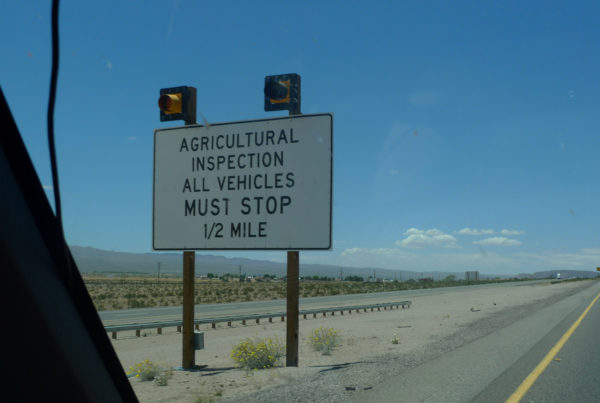Twelve years. That’s all the time we have to limit a climate change catastrophe. That’s the dire warning in a new report from the United Nations’ Intergovernmental Panel on Climate Change.
The report warns that failing to take steps immediately would lead to food shortages, worsening wildfires and massive die-offs of coral reefs. The changes needed to avoid this scenario are described in the paper as “unprecedented.”
Dr. Katharine Hayhoe, director of the Texas Tech University Climate Science Center agrees.
“When these assessments first began in 1990 they were saying ‘I think we have a problem.’ And after that it was ‘We definitely have a problem.’ Now it is ‘We need to do something about it,’ and that is a huge shift in scientific rhetoric because we like to identify the problem but it’s not really our place to tell people we need to fix it,” she says.
This UN report is significant because “it isn’t a case of opinion, it is a case of looking at all the data that’s been collected by thousands of scientists for decades, even centuries, because this goes back to the 1800s, and drawing the most robust conclusions that we can, which is the fact that this is real, it really is us, the impacts are serious and the window of time to fix this thing is narrowing rapidly,” Hayhoe says.
Though carbon-based fuels seem to be the biggest contributor to climate change, according to Hayhoe, Texas has been shifting toward cleaner sources of energy.
“We already get more of our energy from wind than any other state in the country. And solar is coming quickly too. That’s happening naturally, it’s sheer economics, we need to help it happen faster to stay off the worst impacts,” she says.
Heyhoe says that the biggest challenge to addressing climate change lies not in scientific discoveries, but because of political pushback.
“The challenge isn’t in the science of understanding what’s happening to our planet, but the challenge is ‘are we able as a human society given our current institutions to accelerate this process or not?” Heyhoe says.
















